Sundays
Trompe-L'Oeil: Painting on the Big Screen
Programmed by Peter Goldberg
This series focuses on films that attempt to sustain the immediate intensity of the painted image, either through replicating paintings of inspiration or translating the language of painting onto the big screen. The effects are sometimes startling and bizarre, but often engrossing. The films incorporate a wide variety of styles of filmmaking and painting, from Russian iconography (Andrei Rublev) to Italian Renaissance (Caravaggio).
10/2/2016 @ 7:00 PM
The Draughtsman's Contract
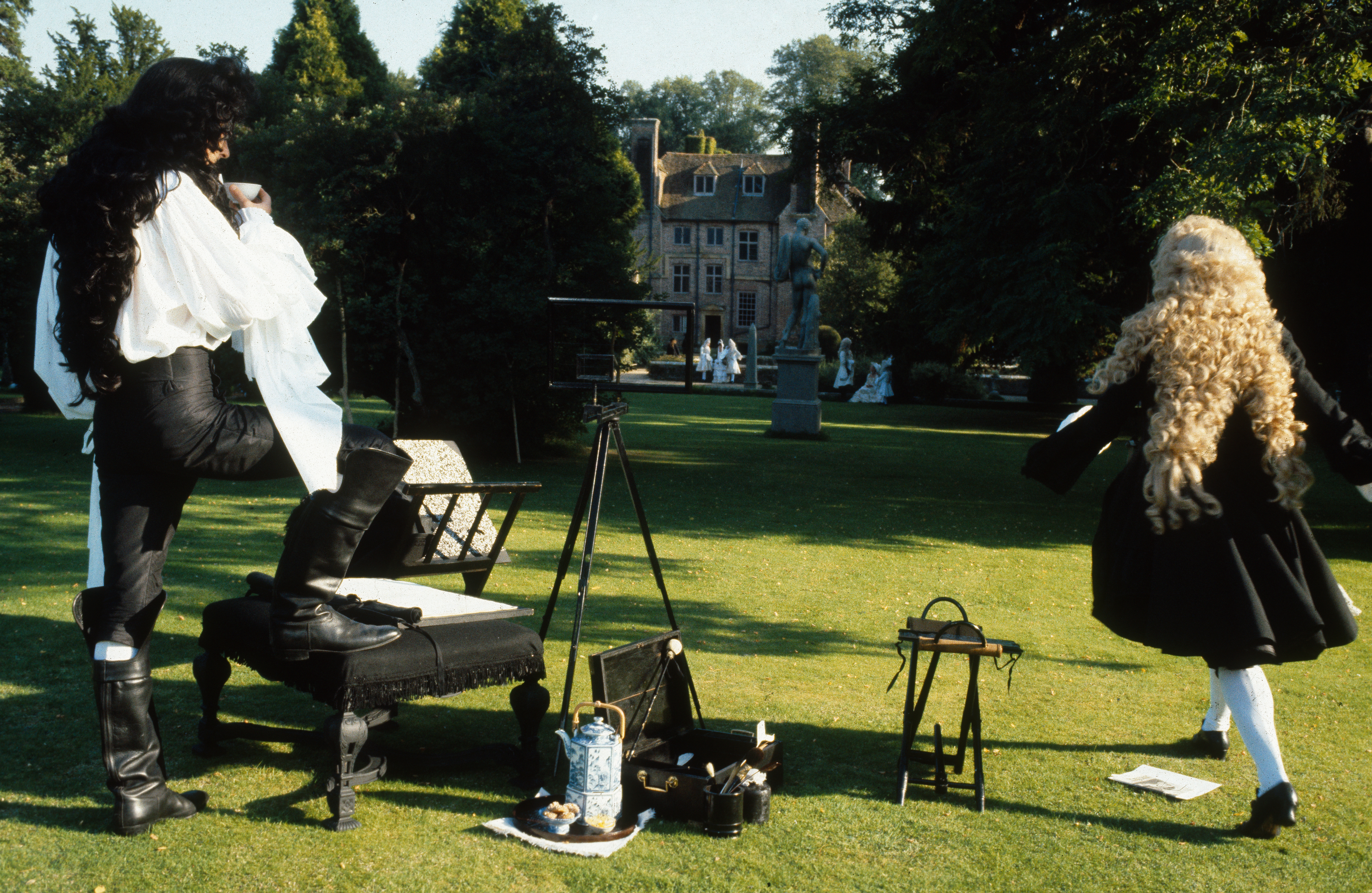
(Peter Greenway, 1982) · England, 1694. Mr. Neville is hired to paint an aristocrat's countryside manor. A lust for power and an unusually demanding contract give him access to a most delightful world of wealth, elegance, and even sexual favors with the women of the house. But this comedy of manners takes a sinister turn when his paintings appear to offer clues to a murder for which he's being framed in this whodunit equally steeped in Baroque and Dutch Golden Age painting.
runtime: 108 min format: 35mm
10/9/2016 @ 6:30 PM
Andrei Rublev
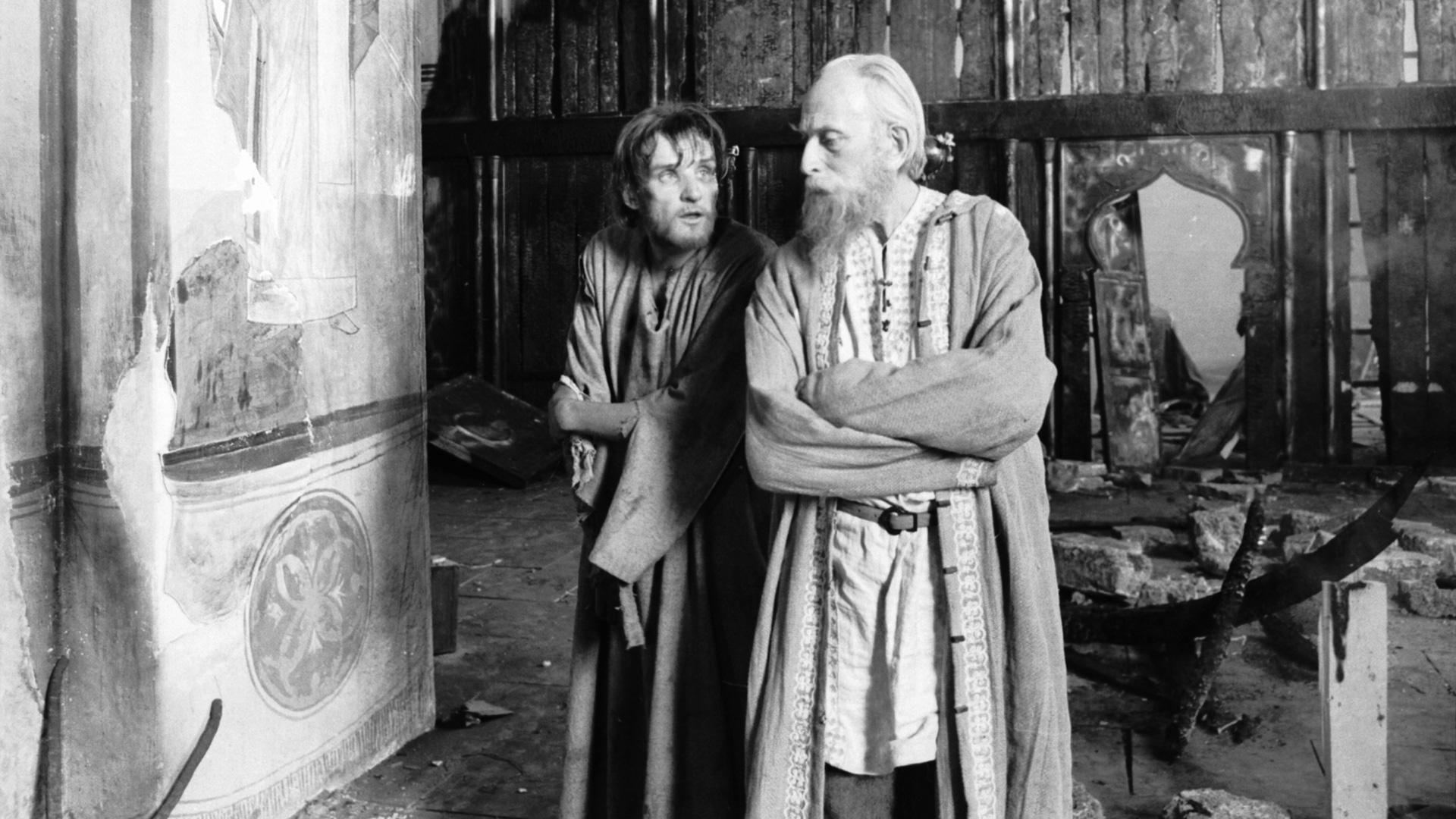
(Andrei Tarkovsky, 1966) · Ostensibly a biopic of the 15th century icon painter, Tarkovsky's masterwork is a spiritual tone poem set in the dark days of Mongol-controlled Russia. After surviving the relentless onslaught of degraded flesh, marching armies, and ruined cities, recorded in black and white, it all breaks open. You're left unhinged, naked, and ready for one of the most sublime endings in film history: a few minutes of pure color intimate close-ups of Rublev's paintings.
runtime: 205 min format: 35mm
10/16/2016 @ 7:00 PM
Dreams
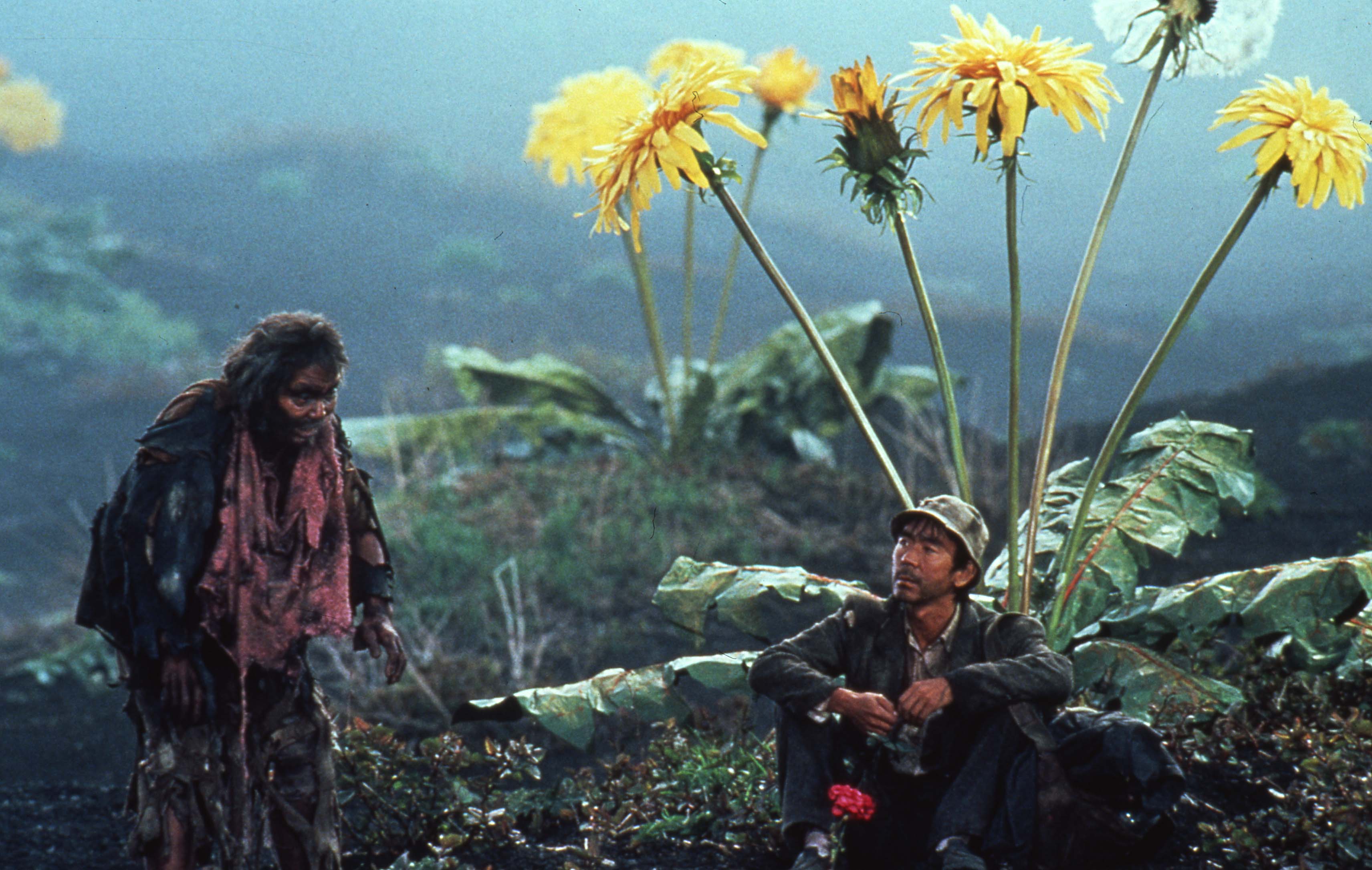
(Akira Kurosawa, 1990) · Throughout his life, Kurosawa was an amateur painter. Dreams finds him applying his painterly visual acuity to the big screen in eight reconstructions of recurring dreams. Each segment offers a unique and committed glimpse into his experiences: for the first dream alone, he created a nearly identical replica of his childhood home. Watch also for the indelible sight of Martin Scorsese traipsing through a Van Gogh as the one-eared artist himself.
runtime: 119 min format: 35mm
10/23/2016 @ 7:00 PM
Lust for Life
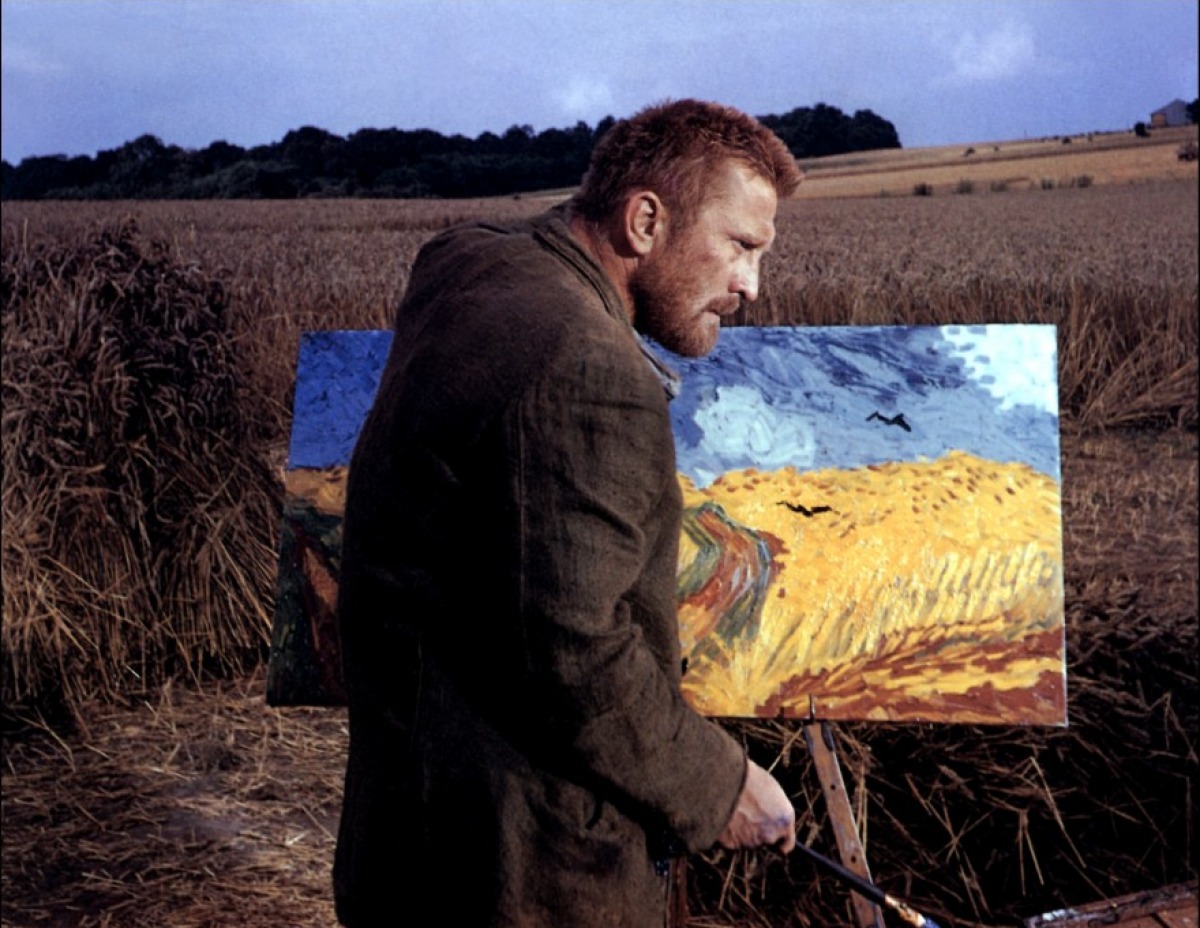
(Vincente Minnelli, 1956) · Vincente Minnelli's Van Gogh biopic stars Kirk Douglas as the tormented genius. The film highlights his emotionally turbulent life through his rivalry with Paul Gauguin (Anthony Quinn, who picked up an Oscar for Best Supporting Actor for the role) and his many failed relationships with women. Russell Harlan's expressive color cinematography imbues stunning landscapes (shot where Van Gogh had in fact worked and lived) with rich hues and contrasts.
runtime: 122 min format: 35mm
11/6/2016 @ 7:00 PM
The Mill and the Cross
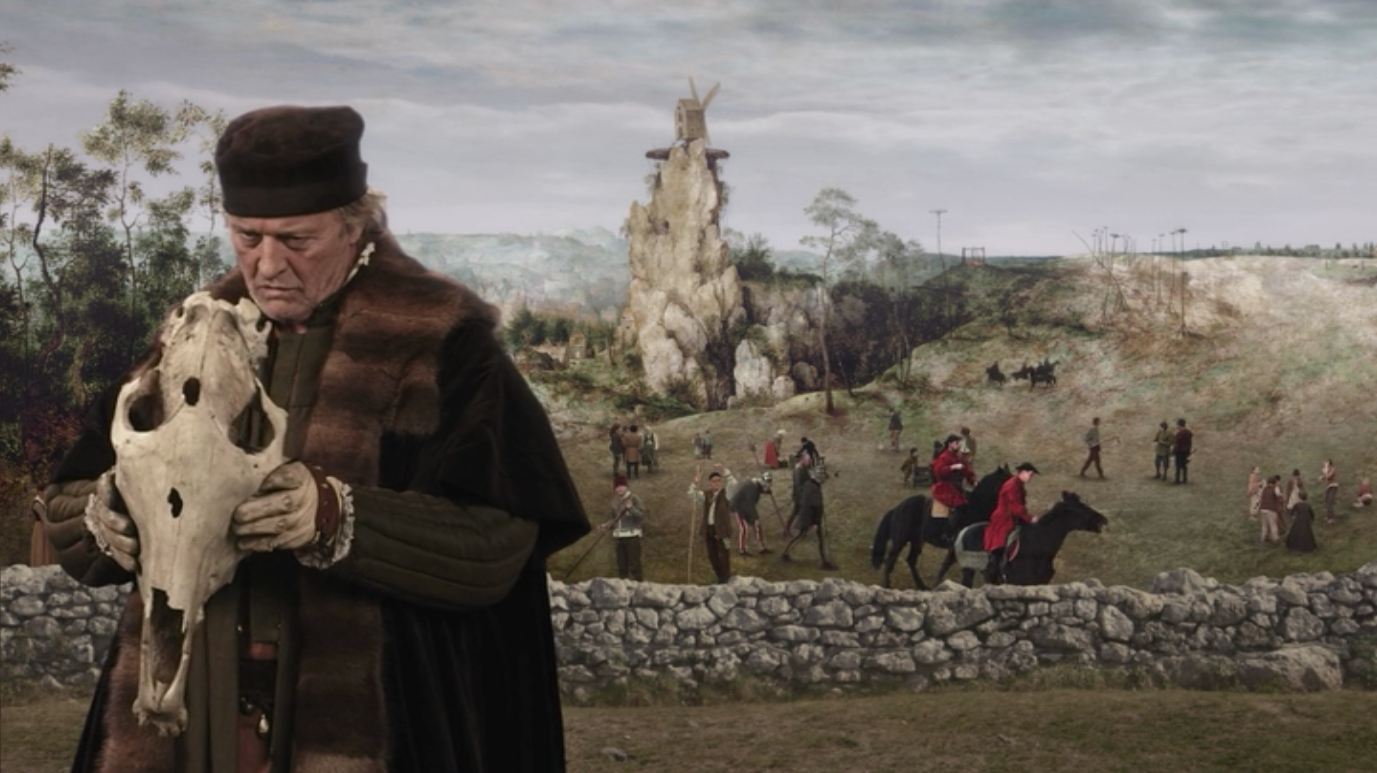
(Lech Majewski, 2011) · Although many filmmakers have claimed inspiration from Pieter Breugel's work, none has attempted to literally recreate his paintings on film (with him as the star, no less!). Using a combination of live action and animation, Majewski attempts to give us just that in this cinematic retreatment of the 1564 painting The Procession to Calvary, one of the most visually bizarre, but surely also one of the most stunning, things put to the big screen.
runtime: 96 min format: 35 mm
11/13/2016 @ 7:00 PM
Caravaggio
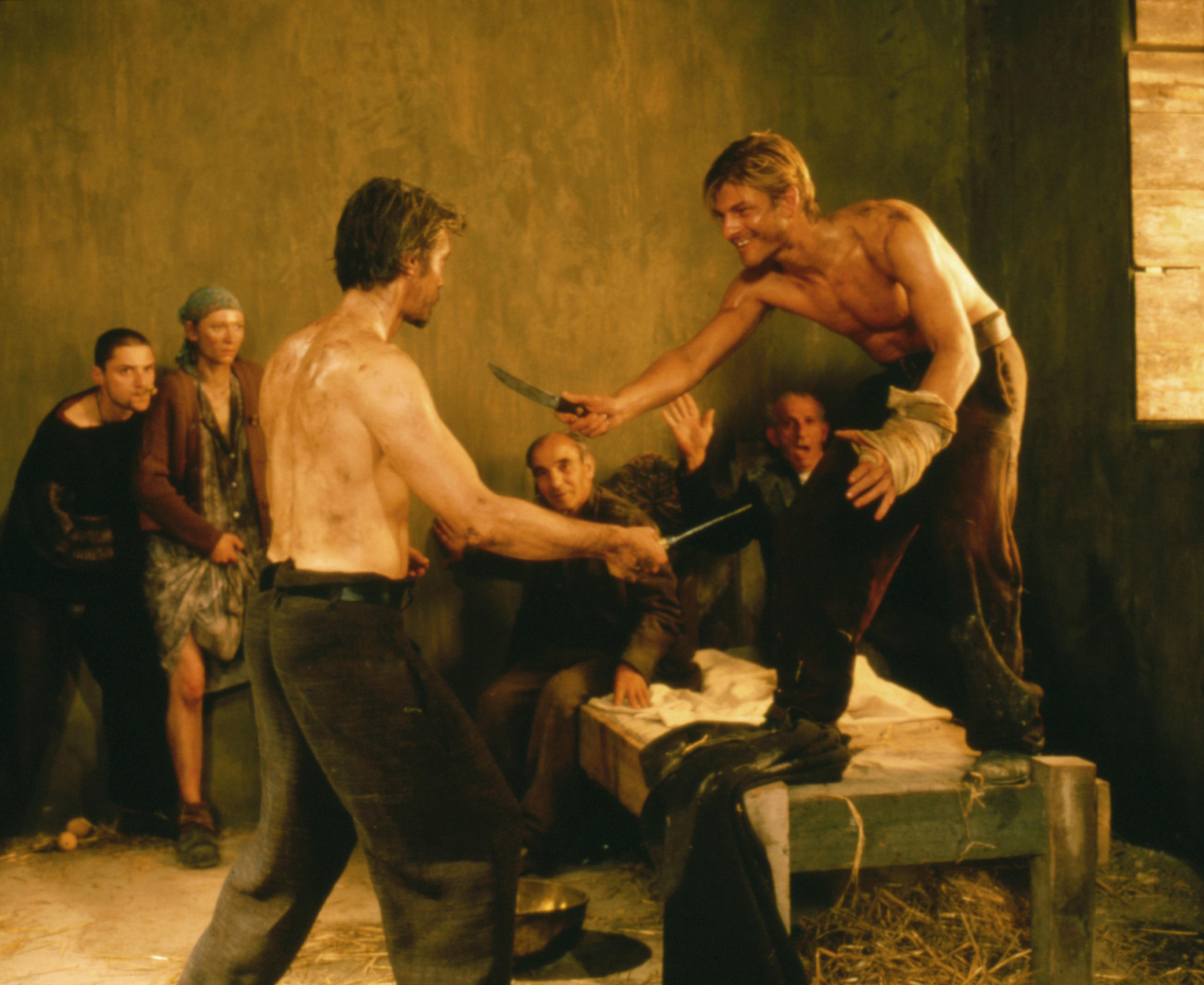
(Derek Jarman, 1986) · Indulging his interest in homoeroticism in western culture, Derek Jarman turns his attention to art history. In this gorgeously intense, loose biography cum melodrama, he taps into the same Bacchic passion that characterizes paintings by the Italian master. An immaculately rendered labor of love that took the better part of a decade to create, and the director's first collaboration with Tilda Swinton, Caravaggio is perhaps Jarman's finest film.
runtime: 93 min format: 35mm
11/20/2016 @ 7:00 PM
Days of Heaven
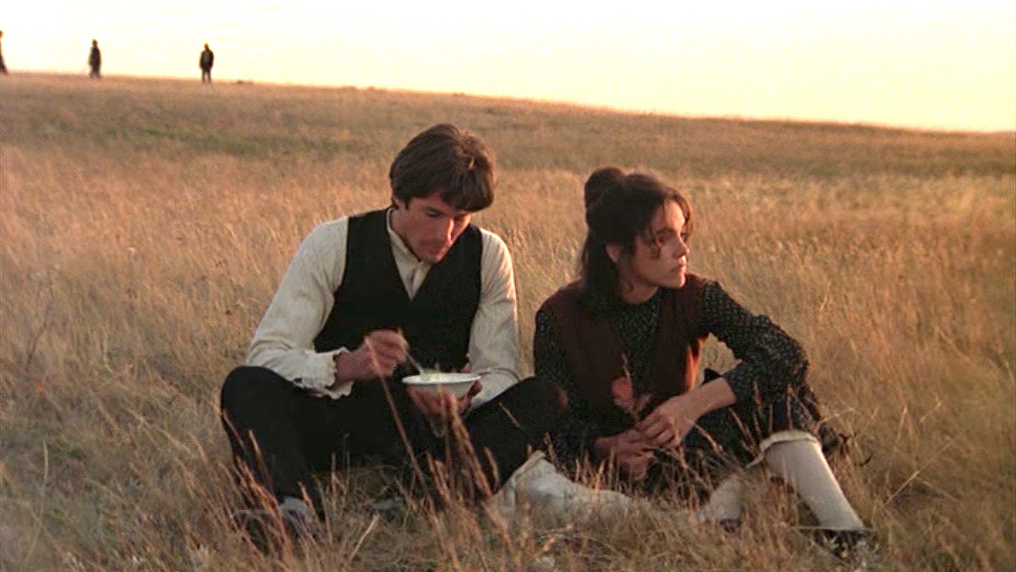
(Terence Malick, 1978) · A Chicago steel mill worker and his girlfriend flee to rural Texas in the wake of an accidental murder and scheme to inherit a local farmer's land: a simple plot that, in Malick's hands, looks like nothing else on screen. Days of Heaven's singular aesthetic was inspired by the paintings of Andrew Wyeth and Edward Hopper, and was achieved by filming almost entirely during the "golden hour," the narrow period just between sunset and night.
runtime: 94 min format: 35mm
12/4/2016 @ 7:00 PM
The Adventures of Baron Munchausen
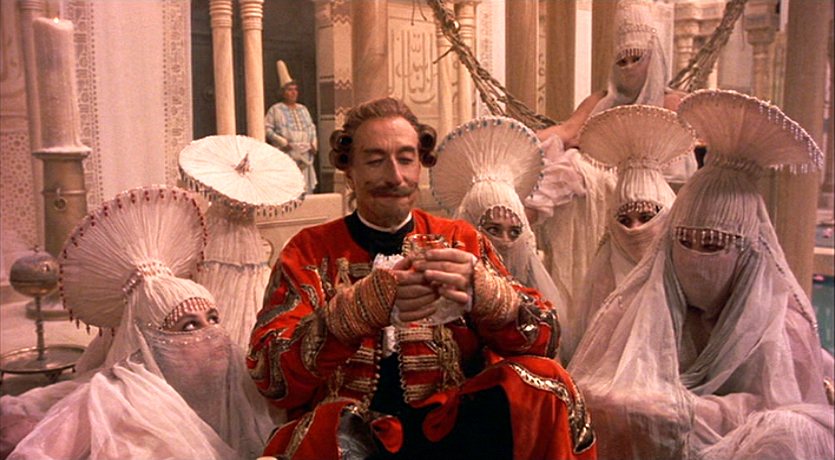
(Terry Gilliam, 1988) · Attempting to match the farcical grandiosity of Baron Munchausen's mythical exploits, Terry Gilliam created one of the daftest farces in recent memory. A thoroughgoing lampoon of all things Enlightenment, it's two hours of sidesplitting nonsense with strangely breathtaking animation and set design. Gilliam mustered an impressive cast including part of the Monty Python crew, Robin Williams, and Uma Thurman (playing none other than Botticelli's Venus).
runtime: 126 min format: 35mm



